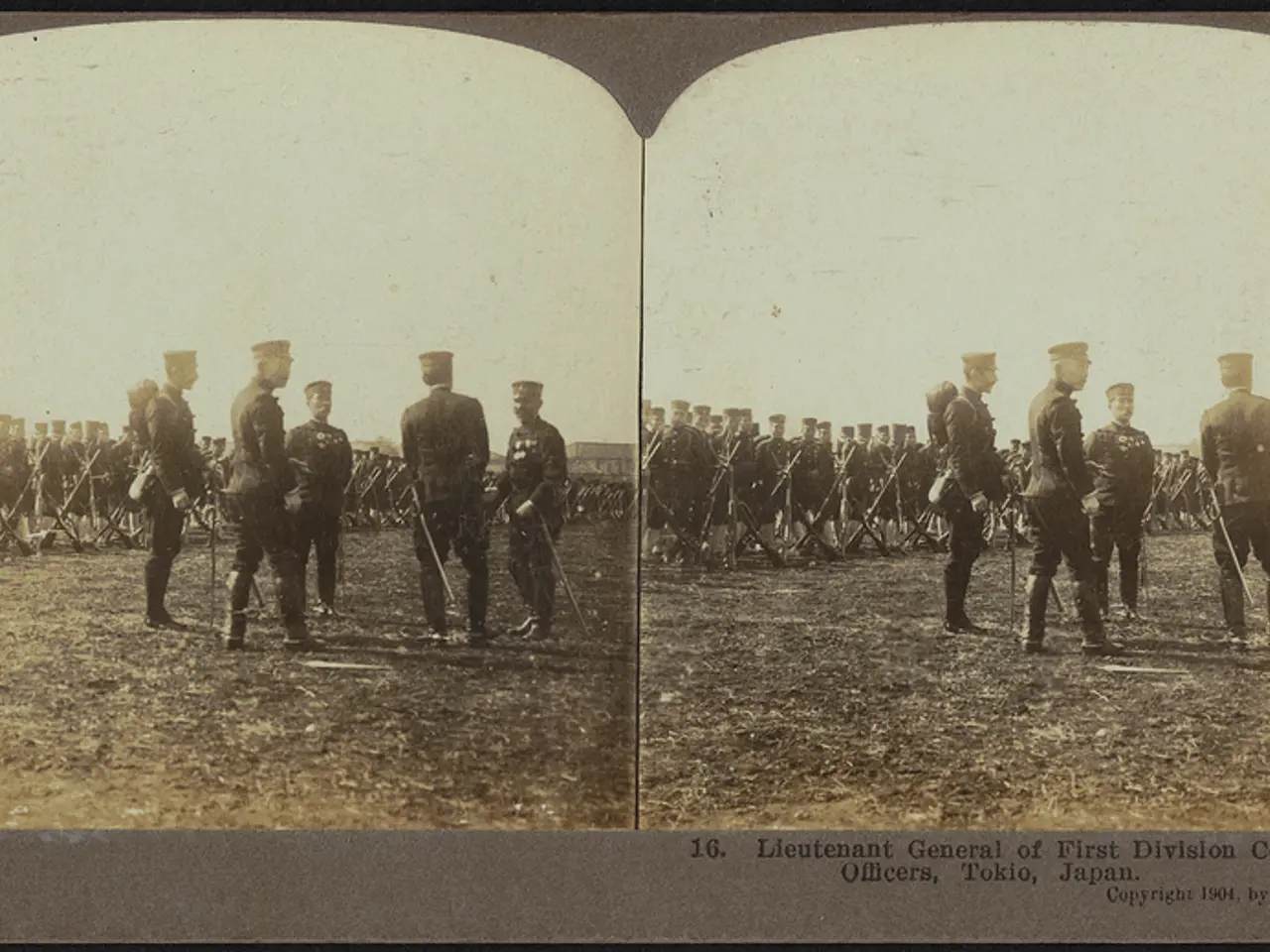anticipated opposition for the 'Berlin car-free' plan - Berlin's 'Car-Free' Initiative Likely to Face Rejection
The Berlin car-free initiative, which aims to limit private car trips within the city, is moving forward in the political process despite opposition from some quarters. The proposal, which was declared admissible and constitutional by the Berlin Constitutional Court at the end of June, is currently being debated by the House of Representatives.
If the House rejects the bill, as expected according to initiative spokesman Benni Wasmer, the next phase of the process will be triggered. This would require the campaigners behind Volksentscheid Berlin Autofrei to collect a significant number of signatures from Berlin's eligible voters. Specifically, they would need to gather signatures from approximately 7% of Berlin's voters, which equates to around 170,000 to 175,000 signatures, within a four-month period.
The proposal seeks to restrict private car trips within Berlin's S-Bahn ring to just 12 per person per year. Exceptions would be made for emergency services, disabled residents, and approved deliveries. The goal of the initiative is to make almost all streets within the S-Bahn ring "car-reduced streets" after a four-year transition period.
The Constitutional Court affirmed that the referendum does not violate fundamental rights, emphasizing the goals of climate protection, health, and public welfare. However, opposition from business groups and some political circles remains strong, citing economic concerns.
The House of Representatives has four months to make a decision on the initiative's proposal. If rejected, the initiative will apply for a signature collection to enforce the referendum. The initiative is already preparing for signature collection, with plans to start in the winter if the House votes against the bill.
If successful in collecting the necessary signatures, a binding referendum is likely to be held alongside the 2026 local elections. The referendum bill will come into force if a majority of voters and at least a quarter of all eligible voters agree.
The Berlin car-free initiative, if successful, could significantly change the city's transportation landscape, focusing on sustainable and environmentally friendly solutions. The outcome of the House's decision and the subsequent signature collection process will be closely watched by both supporters and opponents of the initiative.
- If the House of Representatives rejects the Berlin car-free initiative, it will trigger the next phase of the process, requiring the campaigners to collect a significant number of signatures from Berlin's eligible voters, pertaining to the Volksentscheid Berlin Autofrei referendum, as stipulated by community policy.
- In the event of a House rejection, political news and policy-and-legislation discussions will shift towards the collection of signatures for the Volksentscheid Berlin Autofrei referendum, signifying a potential shift in vocational training measures towards sustainable and environmentally friendly transportation, in light of the ongoing debate and opposition from certain business groups and political circles.






